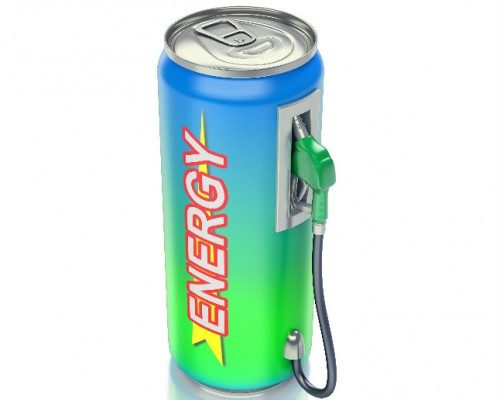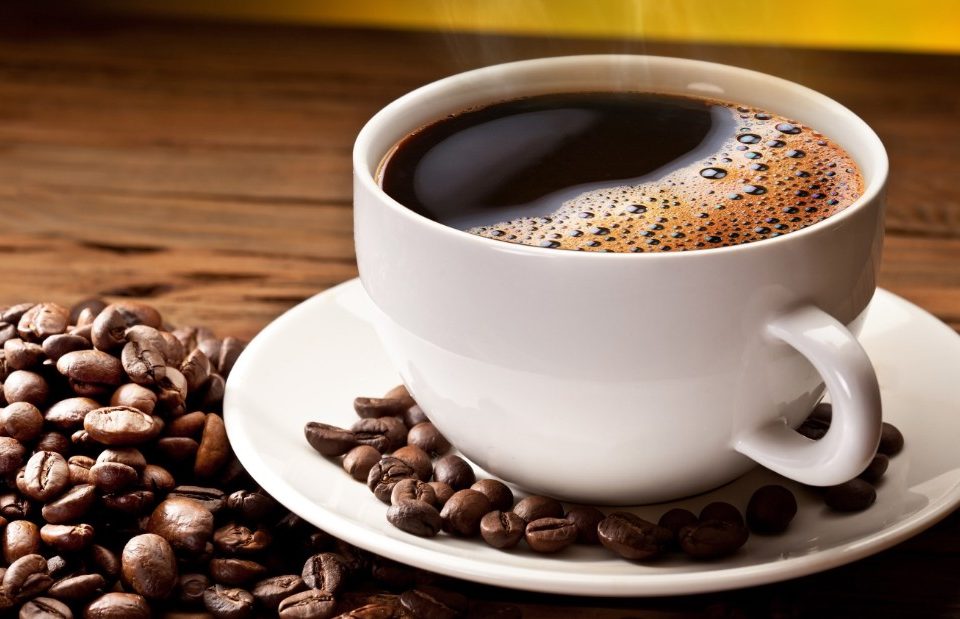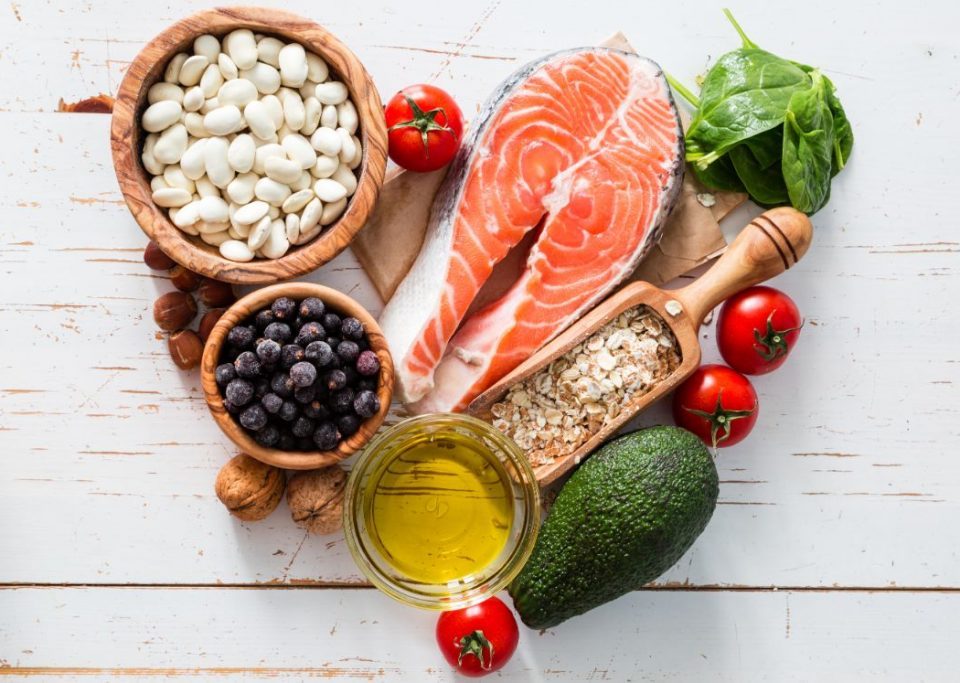
Coconut 101
March 12, 2017Our Stories
March 18, 2017The Energy Drink market is an extremely fast growing industry flooding shelves and is unfortunately one of the main beverage choices for high school, college and even middle school students. Energy drinks are typically loaded with sugar, caffeine, artificial ingredients, and other scary and questionable ingredients, which poses the question as to why these are so popular?
Most people say they need energy in their mid- afternoon slump to get them through the day while others use them to enhance productivity at work or school-life, or to even lose weight and get them through their workout.
A recent report by the Substance Abuse and Mental Health Services Administration, shows about 50% of adolescents consume energy drinks.
Since so many people use energy drinks for so many reasons, let’s take a look to see whether they really do help.
Click on each link to view the study
- This study shows no difference between consuming energy drinks versus not consuming energy drinks in relation to improved focus, learning, and overall performance.
- Contrary to popular believe caffeine does not enhance reaction time according to this study.
- Studies show that sugar-filled beverages can add dangerous visceral fat to the abdomen and liver leading to obesity and metabolic disorders.
A Closer Look Inside Energy Drinks
As you scan the long and chemical- filled ingredient list of commercial energy drinks a ubiquitous ingredient pops up called taurine. Taurine is made from the amino acids cysteine or methionine, which acts as a building block of protein helping to build strength and improve muscle function. A proper diet of animal and plant based proteins (eggs, fish, meat, and spirulina/chlorella, greens, algae) will provide all the taurine one needs.
However, the taurine you find in commercial energy drinks is the synthetic form, which is typically made in a lab. “Synthetic taurine is obtained from isethionic acid (2-hydroxyethanesulfonic acid), which in turn is obtained from the reaction of ethylene oxide with aqueous sodium bisulfite. Another approach is the reaction of aziridine with sulfurous acid.” I am not sure what this exactly means but it sounds scary don’t you think? No taurine for me please!
Also, because taurine needs ample levels of B6 (sources include bell peppers, spinach, and turnip greens) for adequate absorption, the body typically cannot process this synthetic version causing the heart, adrenal glands, and GI system to be over stimulated leading to palpitations, arrhythmias, adrenal and thyroid fatigue, and digestive issues.
Because, synthetic taurine can be so detrimental to health, Denmark and Norway banned Red Bull years ago due to its taurine content. France started fighting to ban taurine many years ago and because of this, the energy drinks there must have warning labels. Research has shown that instead of an energy jolt, a sedative effect can actually occur with taurine consumption due to its interfering effects of neurotransmitters in the brain.
What about the other ingredients in energy drinks like artificial sweeteners? It doesn’t matter where the source of sugar or sugar alternative comes from– it all makes you crave more sugar. If consuming sugar, consume sugar in moderate amounts and choose healthier options such as organic pure cane sugar, organic agave nectar, organic/raw honey, organic maple syrup, or stevia. Artificial sweeteners such as aspartame (NutraSweet) and Sucralose (Splenda) can cause chronic migraines and can be harmful to your beneficial gut flora causing GI and digestions issues.
If you tend to reach for energy drinks or caffeinated beverages for energy—you may want to ask yourself why you need extra energy in the first place? Are you eating the right foods, sleeping 7-8 hours every night, and moving your body on a daily basis? Rather than just treating your systems, identify ways to fix the problem at the source. Addressing sleep, diet, exercise, and stress management techniques can substantially limit the need for “energy drinks.”
Check out these “all-natural” ways to add energy to your life:
- Regular old H20. Just slight dehydration can hinder bodily functions resulting in fatigue. Try a glass of mineral water with a shot of 100% pomegranate juice for a delicious and hydrating cocktail.
- Exercise for a natural energy boost!
- Aim for 7-8 hours of sleep every night. It is a calorie free energy source and is a great way to heal and rejuvenate the body.
- Try inversion! Let your blood rush to your head for an instant burst of energy. You can lay over the couch or even do a downward dog yoga pose.
- Add superfoods foods found in the center of the food target. Superfoods are super powerful for energy and performance. Sources include wheatgrass, leafy greens, spirulina/chlorella, cacao nibs, organic virgin coconut oil, avocado, fermented foods, and maca powder.
Find these products and more here.






